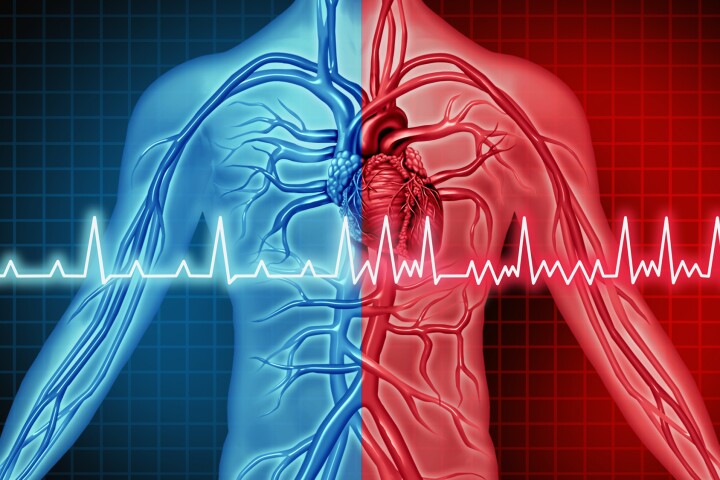The cloning of human viruses may sound like the stuff of biological warfare, but breakthroughs in the area are helping in the development of antivirals and vaccines for life-threatening diseases. Now Welsh scientists have made the first complete copy of the virus Human cytomegalovirus (HCMV) – a common infectious disease that is responsible for congenital malformations and potentially deadly to transplant patients or HIV/AIDS carriers.
The study was led by Dr. Richard Stanton from Cardiff University, School of Medicine’s Infection, Immunity and Inflammation Interdisciplinary Research Group (i3- IRG).
“HCMV has by far the largest genome of all viruses affecting humans - consequently it was technically difficult to clone in an intact form in the laboratory,” explained Dr. Stanton. “Cloning a copy of the virus from a strain isolated by Cardiff Public Health Laboratories has enabled us to identify genes that caused the virus to be unstable outside the body [and] following the identification of these genes, we have successfully developed cells in which we can grow virus that corresponds to that which exists in the human body,” continued Dr. Stanton. In the past studies around the HCMV have been hard to conduct as it is a very difficult virus to sustain outside of the human body. Thus being able to clone a virus will assist scientists to work towards creating antivirals and vaccines.
The new HCMV clone has been sent to research laboratories worldwide and is being tested by the World Heath Organization (WHO) with the hopes of creating an international diagnostic standard. “HCMV has been designated as a highest priority vaccine target by the US Institute of Medicine. When developing vaccines, anti-viral agents and improving understanding of disease, it is crucial to work with a virus that accurately represents the virus present in patients,” added Dr. Stanton. “For the first time our work has enabled us to create an exact copy of the virus outside of the body offering a vital step forward in the development of new treatments.”
The study was published in the The Journal of Clinical Investigation and was a joint collaboration between Cardiff University and Drs Davison and Dargan at the Centre for Virus Research at the University of Glasgow.
Via Cardiff University.




